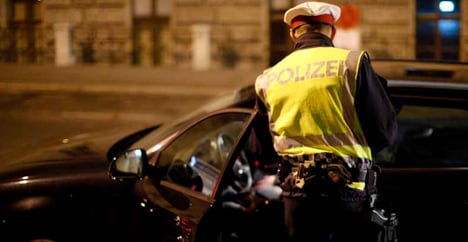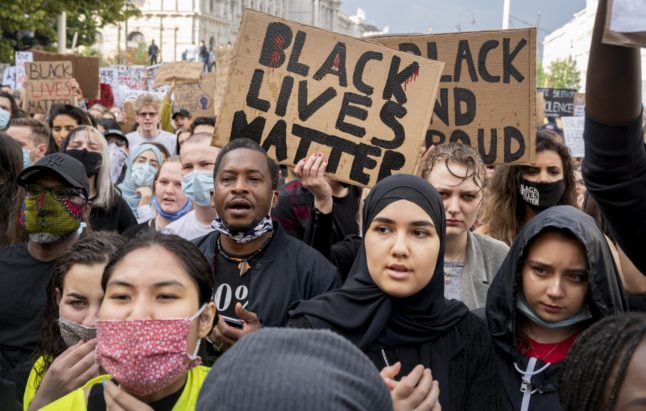It was an incident this spring which gave the civil servant the impetus to speak about his experiences as a policeman over the past several years.
During an official training session at the premises of the National Traffic Department in Tyrol (LVA), officers were lectured on how to deal with traffic offenders.
The law allows officials some leeway to impose no penalty for smaller offences, but rather merely warn the person concerned.
"Except for the Turks, as there is no warning for them," a senior official told his audience.
Twenty-five to 30 policemen were present, including one with Turkish roots.
Some just grinned, recounted the policeman, who was present at the lecture. "They all can testify to the incident," he told Der Standard newspaper.
He wishes to remain anonymous, out of concern for his job.
The group for so-called compensatory measures (AGM) is located in the traffic department. The officials there – as well as the police officer who made the statement – are responsible for refugees.
When questioned by a reporter from Der Standard about the incident, Helmut Tomac – from the public relations department of the Tyrol Provincial Police Director – dismissed the matter.
"That cannot be, because such a thing does not exist," Tomac told Der Standard. "Why would you not want to state that the Interior Ministry was responsible?"
"Such an incident would not only be more than merely annoying, but a violation of our laws and criminal law," said Konrad Kogler, Director of Public Security. He intends to look into the case.
For the accusations to be proved, the law must be applied not just to this individual act, but checks must be made to ascertain as to whether there are structural problems which allow such behaviour.
When he was told of the policeman's allegations Kogler said that "jokes about Turks and Africans are normal. If you don't laugh you will quickly find yourself an outsider."
The officer reported the existence of structural racism and systematic discriminatory treatment of foreigners.
"We know that young Turks drive certain cars, so they will be checked more often. The same goes for dark-skinned people…", he said.
It is difficult for action to be taken internally against such incidents, reports Der Standard, as senior officials know each other, and are often friends.
Kogler says he "wants racism to end" and that there are ways police can report racist incidents anonymously.
The Ombudsman said he is only sporadically confronted by police comments which were felt to be racist. In general he felt it was incorrect to generalize and speak of "racist police".
The policeman making the allegations criticized in particular the lack of "ethical and moral education" for officers.
"Everyone has their own beliefs and prejudices," he said, adding that while he had received "excellent training in Vienna," it was voluntary and therefore mostly visited by officials who already have a cosmopolitan attitude.
He did emphasize however, that there are of course many good policemen.



 Please whitelist us to continue reading.
Please whitelist us to continue reading.
Member comments